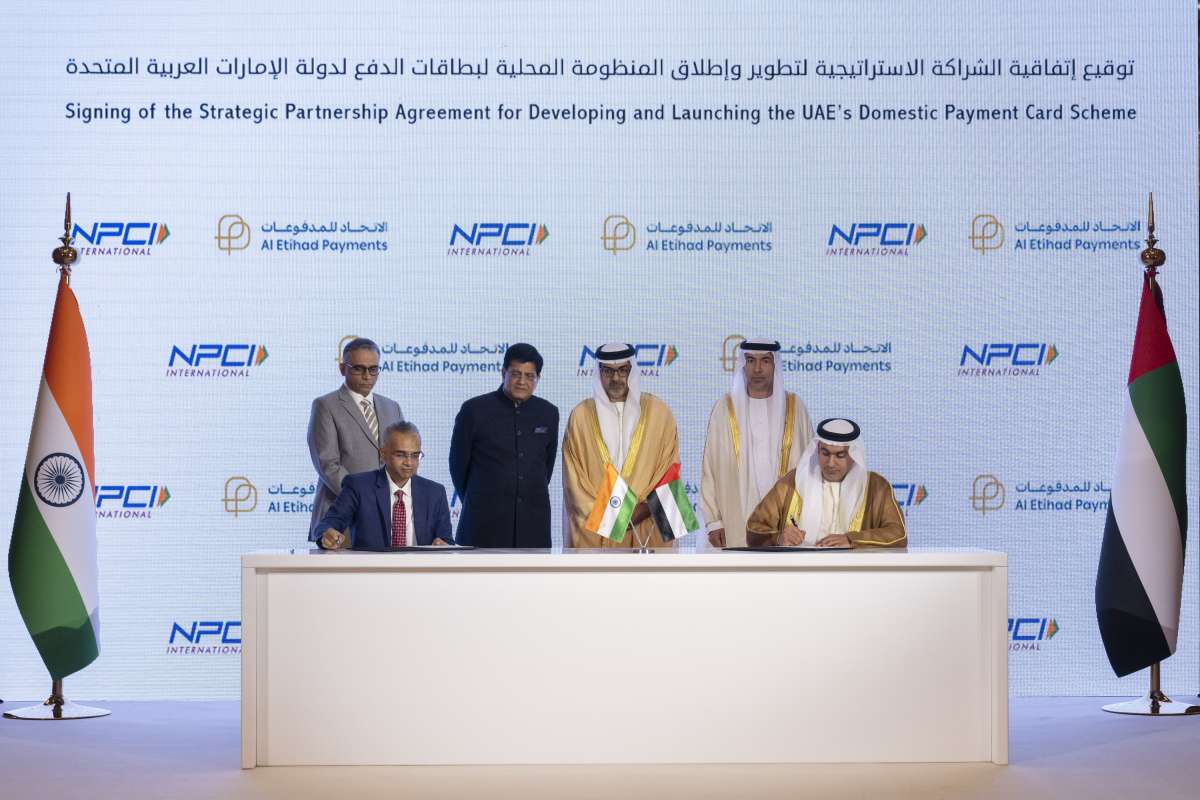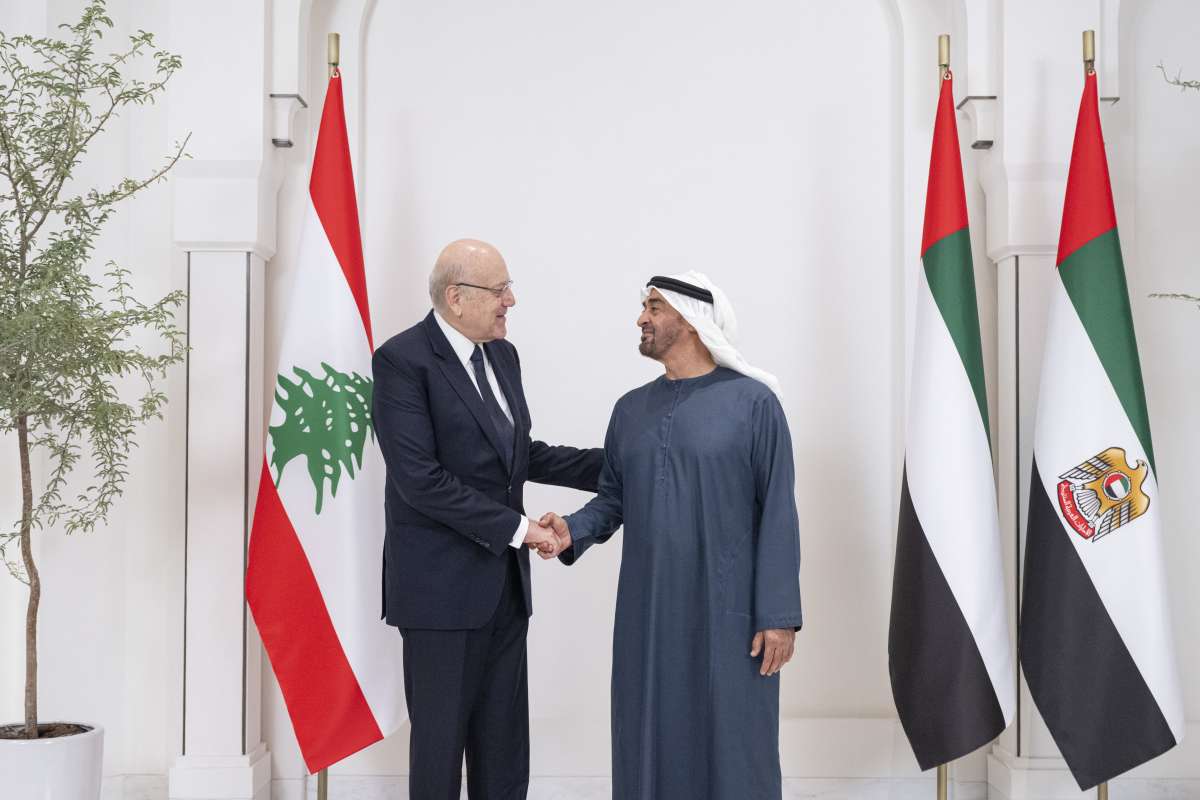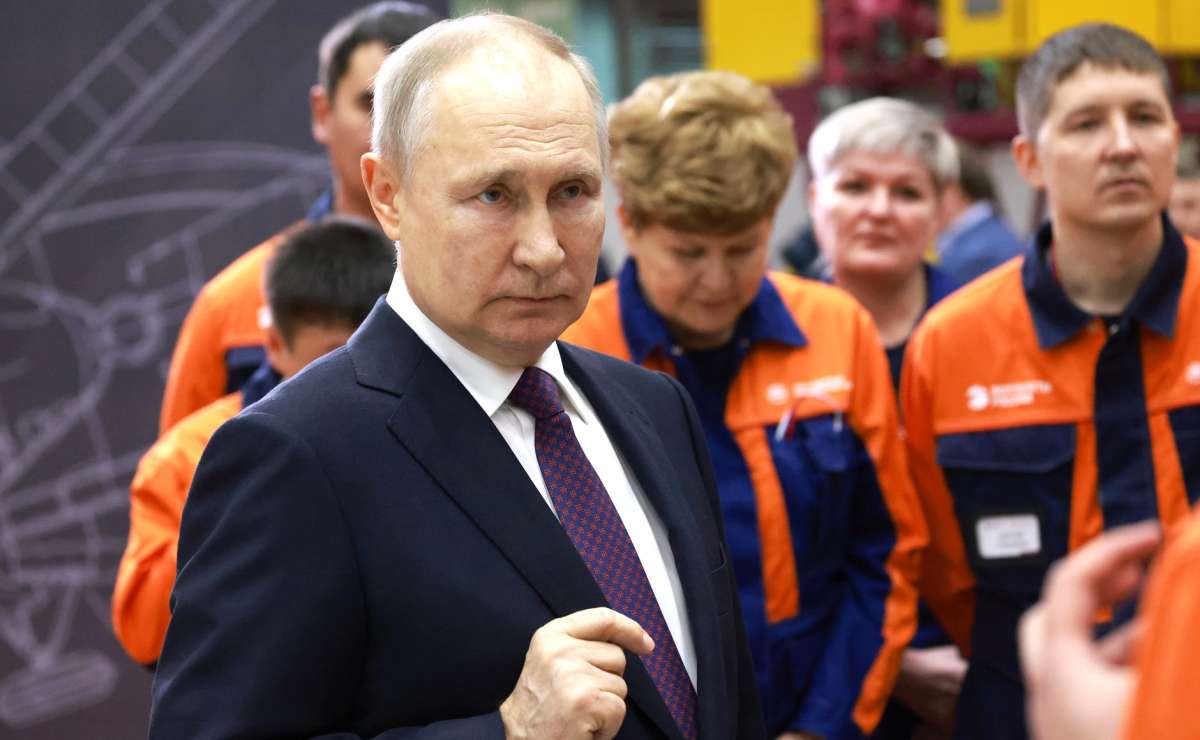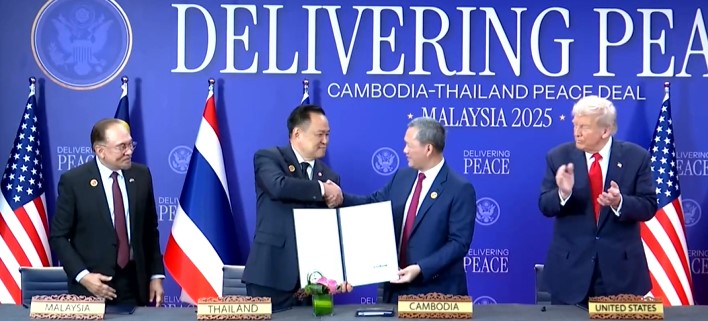Indian Minister Piyush Goyal emphasised that expanding rupee-dirham trade would also facilitate cost-effective remittances from the UAE to India….reports Asian Lite News
India and the UAE are exploring ways to enhance rupee-dirham trade, which could significantly boost bilateral trade, according to India’s Commerce and Industry Minister Piyush Goyal during his visit to Abu Dhabi. Goyal is in Abu Dhabi for the 11th meeting of the India-UAE High-Level Task Force on Investments.
Goyal co-chaired the meeting along with Managing Director of Abu Dhabi Investment Authority (ADIA) Sheikh Hamed bin Zayed Al Nahyan, where they reviewed the progress made on the implementation of the Comprehensive Economic Partnership Agreement (CEPA) between the UAE and India.
Goyal emphasised that expanding rupee-dirham trade would also facilitate cost-effective remittances from the UAE to India. Goyal mentioned the successful operationalisation of this trade initiative, thanks to the collaborative efforts of the central bank of the UAE and the Reserve Bank of India (RBI).
After discussions with the RBI and the UAE central bank, Goyal announced plans to accelerate and scale up rupee-dirham trade in collaboration with industry stakeholders and bankers. He highlighted the potential for substantial cost savings, estimating that utilizing domestic currencies could reduce trade expenses by at least 5 percent for both nations.
CEPA had come into force in May 2022, which has helped reduce tariffs on more than 80 per cent of product lines, eliminate barriers to trade and create new pathways for investment and joint ventures.
The two sides also discussed ways and incentives for encouraging further growth in investment flows from UAE sovereign investment entities into India. In this context, the Indian side shared opportunities for investments in priority sectors like renewable energy, health, semi-conductors and asset monetization sectors in India.
Talks also covered the India-UAE Start-Up Bridge, a joint initiative between the UAE Ministry of Economy and India’s Ministry of Commerce and Industry. The bridge is expected to act as a one-stop platform that offers training sessions and knowledge-sharing on important topics such as market access, investment funds, venture capital, incubators and the respective business landscape in each country.
Another important agenda topic was the establishment of Abu Dhabi – India Virtual Trade Corridor, which aims to increase overall trade volumes by developing data exchange systems to facilitate paperless trade between the two countries, improving efficiencies and security.
Xxx
‘Relationship moving from strength to strength’
India’s Ambassador to UAE Sunjay Sudhir on Thursday said the relationship between India and UAE is very strong and it is moving from strength to strength in all areas.
The Indian Envoy mentioned seeing the strength of the RuPay card, there was a strong interest from the UAE side to have domestic card because they also want to develop self-reliance.
He said, “Of the two agreements signed, one was the agreement, between NPCI and their UAE counterpart. And this was about, the RuPay credit and debit card stack. What the UAE is trying to develop is its domestic credit card system. And India has done it long back, you know, about 12 years back. And we have a very robust domestic credit card, which which has some kind of, strength of about 750 million Indians.”
“Every second Indian has a RuPay card and about 60 percent of our transactions are now on that. So seeing the strength of a RuPay card, there was a strong interest from the UAE side to have a domestic card because they also want to develop self-reliance. After a few months of discussions, the agreement was signed today. Under which we will be sharing with them our RuPay card stack,” he added.
He said that Indians will be able to pay seamlessly in UAE after the scheme is implemented and added that any resident of UAE travelling to India will also be able to make payments in a seamless manner.
“A very, very important part of this stack from the perspective of the Indian community in this country and from the perspective of Indian tourists who come here, is the fact that once the scheme is implemented in the UAE, then any Indian coming here with the Rupay card will be able to seamlessly pay,” he said.
“At the same time, any Emirati or any any resident of this country which has the credit card or debit card from the domestic scheme of the UAE, which actually is a Rupay stack comes to India and makes a payment, it will again be seamless payment. So this is actually promoting cross border payments in a very seamless and much more cost effective way. So that was one agreement that was signed,” he added.
NPCI International Payments Limited (NIPL), a wholly-owned subsidiary of the National Payments Corporation of India (NPCI), has entered into a strategic partnership agreement with Al Etihad Payments (AEP) for Domestic Card Scheme (DCS) Implementation in UAE.
AEP is an indirect subsidiary of the Central Bank of UAE (CBUAE). As per the agreement, NIPL and AEP will work together to build, implement, and operationalize UAE’s national domestic card scheme.
“The DCS will aim to facilitate the growth of e-commerce and digital transactions in the UAE, bolster financial inclusion, support the UAE’s digitization agenda, increase alternate payment options, reduce the cost of payments, and enhance the UAE’s competitiveness and position as a global payments leader,” Ministry of Commerce and Industry said in a statement














